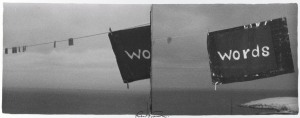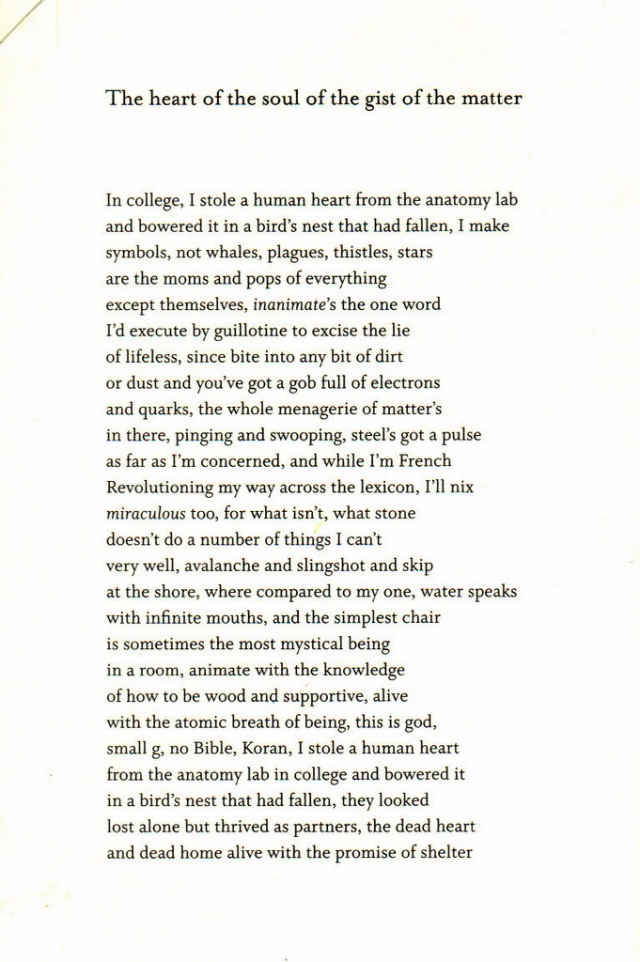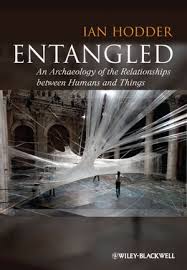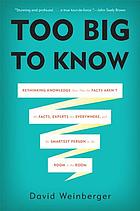1. award, n. c1386
…A decision after examination, a judicial sentence, esp. that of an arbitrator or umpire; the document embodying it….
2. award, v.1 c1386
…To examine a matter and adjudicate upon its merits; to decide, determine, after consideration or deliberation.
1. influence, n. c1374
The action or fact of flowing in; inflowing, inflow, influx: said of the action of water and other fluids, and of immaterial things conceived of as flowing in. Also concr. flowing matter.
2. influence, v. 1658
…trans. To exert influence upon, to affect by influence….
Etymology: < French influence (13th cent. in Hatzfeld & Darmesteter) emanation from the stars (also inflow of water; affluence)…
(Oxford English Dictionary)

In the first place, I thank you Madeline Scribes for honoring me with this blogging award – I would think that any blogger is happy to hear that they have influence somewhere, somehow. As concerns its meaning – its effect in ongoing flow – I am thinking that our passing these awards along through the blogosphere is an aspect of recognizing that the world around us matters – that what we encounter continuously throughout our days effects the flow of them. To award such influence must mean that, upon consideration, deliberation, we consider that influence to be of benefit or merit to the flow of our lives. To diminish the function and roles of these eminently reusable and transferable images by querying the authority, justification, compensation or some other arbitrary criteria of significance or import seems to me to miss the point and ideologically dismiss their networked purposes and potentials. I am very honored and very thankful for the effort and gift of recognition and assessment.
That being said – all of these awards (as with any gift) bring responsibilities…This particular badge indicates:
THE QUESTIONS:
1. What makes you happiest?
developing attachment with my wife and children; inquiring and creating new knowledge.
2. Do you love mountains or oceans more?
mountains
3. What has been a special moment in 2013?
reading has provided millions of them
4. What is your favorite quote?
Today?: “I love quotations because it is a joy to find thoughts one might have, beautifully expressed with much authority by someone recognized wiser than oneself.”
― Marlene Dietrich
5. Do you like yourself?
sometimes
6. Do you stay up until midnight on New Years’ Eve?
rarely
7. Is there something you wish could be done ASAP?
global peace and cooperation
8. What is/was your favorite class in school?
philosophy/social science courses
9. What musical instruments do you / have you try/tried to play?
piano, saxophone, organ, drums, trumpet, harmonica, guitar, voice
10. Anything you wished you would have learned earlier?
the world’s complexity and the constancy of change
11. Do you like to do crafts, drawing or painting?
the effort extends and challenges me uniquely
And, given the reflective caveat above (that ALL we encounter influences us), I pass the award along to these fellow bloggers –








